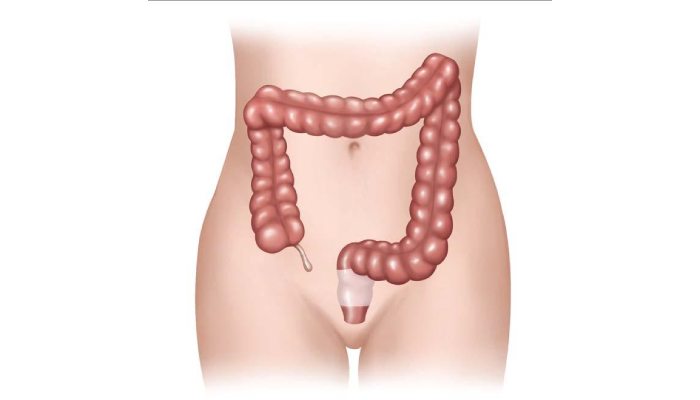Low Anterior Resection (LAR) Surgery for Rectal Cancer
Low Anterior Resection (LAR) is a surgical procedure used to treat rectal cancer, where the affected portion of the rectum is removed, and the remaining rectum is reconnected to the colon. This allows patients to continue normal bowel movements post-recovery.
Different surgical techniques may be used for LAR, including minimally invasive laparoscopic or robotic-assisted approaches, depending on the case. Your surgeon will determine the best method for your condition. If you’re seeking expert rectal cancer treatment, consult Dr. Ujwal Zambare, a best Gastrointestinal Surgeon in Wakad, Pune, for advanced care and personalized treatment.

What is Low Anterior Resection Syndrome?
With such a major surgery, side effects are not surprising. LARS refers to several related symptoms that patients may experience post-surgery. The symptoms of LARS are different for everyone, but could include.
- Frequency or urgency of stools, largely due to the fact you have less space to store stool after removing part of the rectum
- Clustering of stools (many bowel movements during a few hours)
- Fecal incontinence (lack of control over bowel movements)
- Constipation for more than a few days, followed by multiple bowel movements a few days later
- Increased gas
- Abdominal pain
- Small risk of urinary and/or sexual function due to nerve damage
How do you manage LARS?
There are ways to manage LARS, but finding the right regimen can be challenging, as management is extremely individualized – what works for one person may not work for another. Here’s a list of some ways people manage:
- Kegel exercises to help to strengthen muscles.
- Use of medications and over-the-counter drugs to help with incontinence
- Stool training and biofeedback. These are non-surgical therapies that can retrain your muscles to manage bowel dysfunction like fecal incontinence and constipation. Essentially, you learn through reinforcement how to train the muscles in your bowel to normalize function.
- Carrying a survival pack because you never know when you might need one! You may consider including flushable wipes, clean underwear, plastic bag, hand sanitizer, etc.
- Counseling – For some, talking about the challenges that result from LARS can really help ease stress and shift the focus to other things in life.
